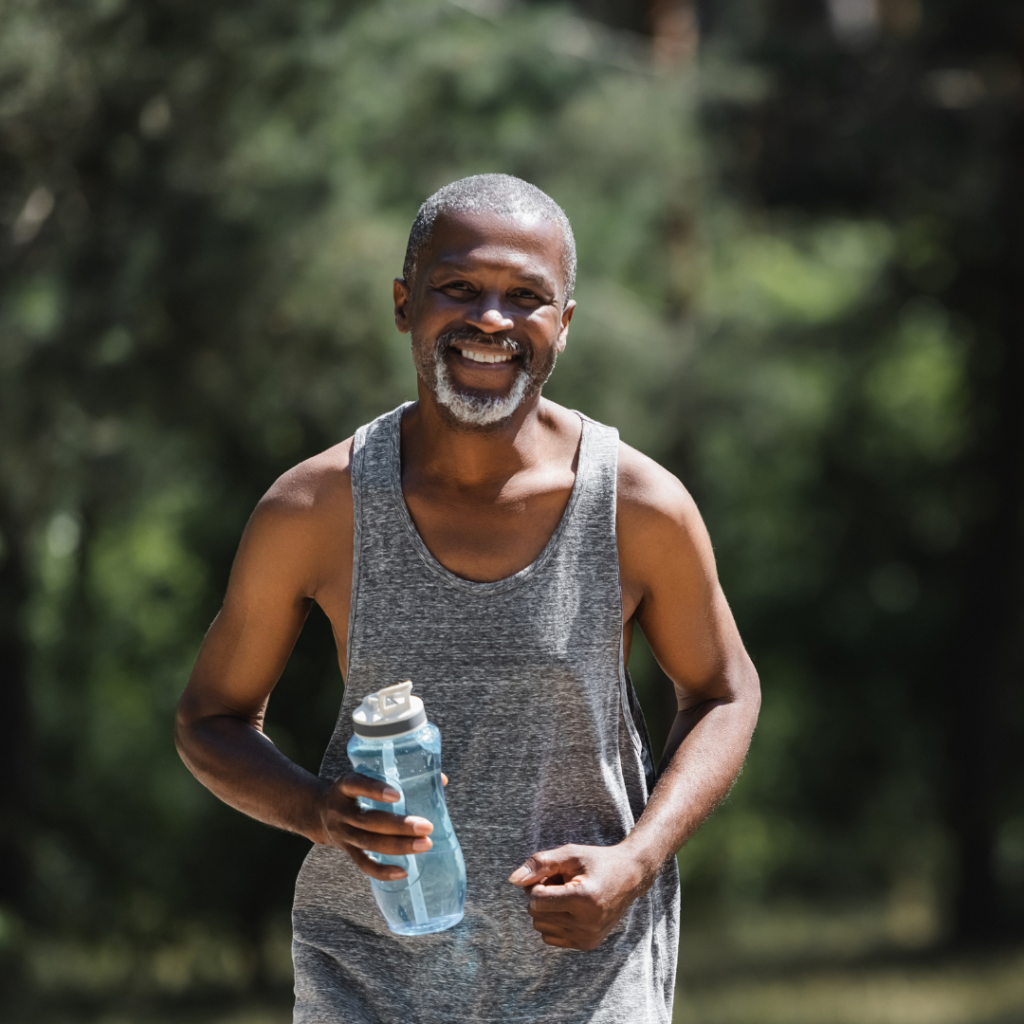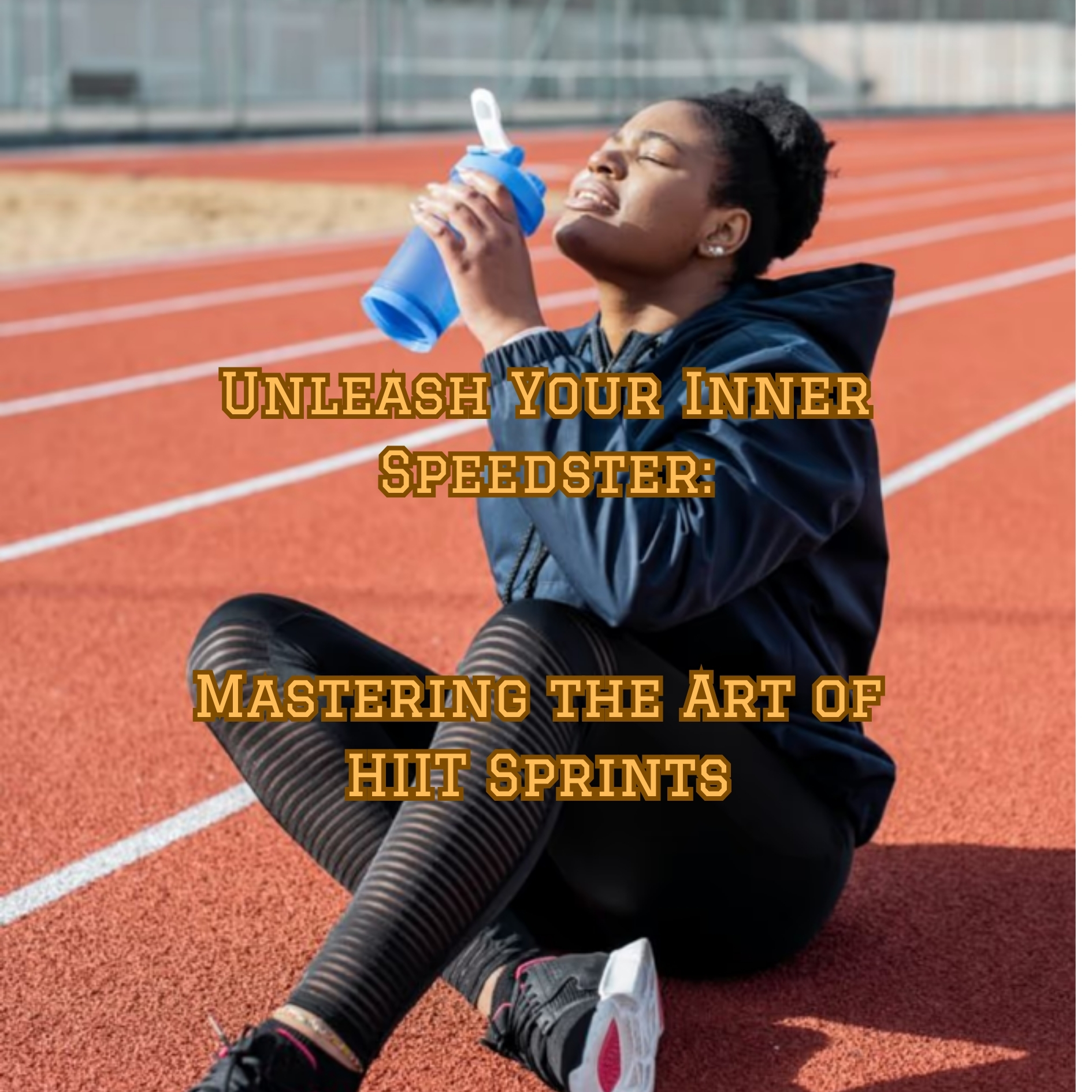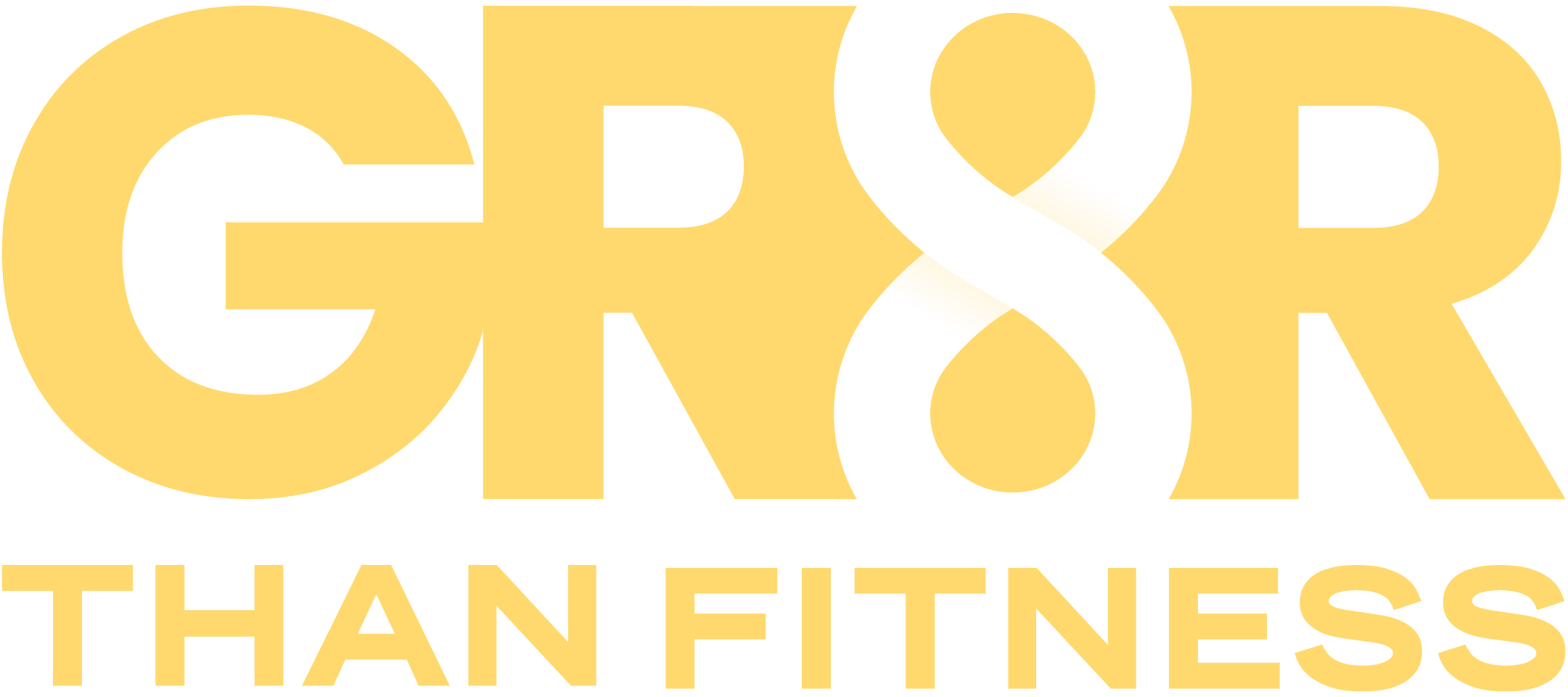Your basket is currently empty!
The Importance of Hydration for Fitness and Recovery
GR8R is a call to action. A movement to get people to recognise their worth and overcome the challenges that lie between who they are and who they want to be. Join us in removing the barriers to activity and encouraging anyone to active, anywhere, and anywhen.
·

Hydration plays a crucial role in fitness and recovery, yet it is often overlooked by many athletes and fitness enthusiasts. Proper hydration not only enhances performance but also aids in quicker recovery, making it essential for anyone engaged in physical activity. In this article, we will explore the significance of staying hydrated, the impact of dehydration, and tips for maintaining optimal hydration levels.
Why Hydration Matters for Fitness
- Enhanced Performance: Water is vital for regulating body temperature and maintaining energy levels. Dehydration can lead to fatigue, decreased endurance, and impaired strength, which can significantly affect your workout performance. Studies show that even a 2% loss in body weight due to dehydration can lead to a noticeable decline in athletic performance.
- Improved Nutrient Transport: Hydration facilitates the transportation of nutrients to muscles, ensuring that they receive the energy they need during exercise. Proper hydration helps in the absorption of essential vitamins and minerals, which are crucial for muscle function and recovery.
- Joint Health: Water acts as a lubricant for joints, reducing the risk of injury during workouts. Staying hydrated helps maintain the synovial fluid that cushions joints, providing better mobility and less discomfort during physical activities.
The Impact of Dehydration
- Physical Symptoms: Dehydration can result in a range of physical symptoms, including headaches, dizziness, and muscle cramps. These symptoms can hinder performance and make workouts less enjoyable.
- Mental Effects: Dehydration can also impact cognitive function, leading to decreased focus and coordination. This can be particularly dangerous during activities that require concentration, such as weightlifting or sports.
- Prolonged Recovery: After a workout, proper hydration is essential for recovery. Dehydration can slow down the recovery process, prolonging muscle soreness and fatigue. Staying hydrated helps to flush out toxins and supports muscle repair.
Tips for Staying Hydrated
- Pre-Workout Hydration: Drink water before starting your workout to ensure your body is adequately hydrated. Aim for at least 16-20 ounces of water a few hours before exercising.
- During Exercise: For workouts lasting longer than an hour, consider consuming electrolyte-rich beverages to replenish lost fluids and maintain energy levels. A good rule of thumb is to drink about 7-10 ounces of water every 10-20 minutes during exercise.
- Post-Workout Recovery: After exercising, rehydrate with water or sports drinks to replace lost fluids. Aim to drink at least 16-24 ounces of fluid for every pound lost during your workout.
- Daily Hydration Goals: Establish a daily water intake goal based on your activity level, climate, and body weight. A common recommendation is to drink at least half your body weight in ounces of water daily.
Conclusion
Hydration is a fundamental aspect of fitness and recovery that cannot be overlooked. By understanding the importance of staying hydrated and implementing effective hydration strategies, you can enhance your performance, support recovery, and improve your overall health. Remember, your body is a well-oiled machine, and water is the essential fuel that keeps it running smoothly. Stay hydrated and reap the benefits for your fitness journey!
Discover more from GR8R Than Fitness
Subscribe to get the latest posts to your email.
-

Finding Gr8ness in the Grind:
Embracing the journey towards our goals involves appreciating the present, celebrating small victories, and transforming challenges into adventures. By focusing on the joy of the process and fueling our efforts with passion, we change our mindset. Tracking progress, rewarding effort, and sharing milestones turn every step into a mini-celebration, leading to greater happiness and success.…
-

Food for Thought
Debunking nutrition myths, this guide clarifies that not all carbs are bad, detox diets aren’t necessary, gluten-free isn’t for all, fat-free isn’t always better, supplements can’t replace a balanced diet, skipping meals isn’t beneficial, and organic isn’t always healthier. Embrace a pleasurable, balanced diet suited to your lifestyle.
-

Conquer Your New Year’s Weight Loss Resolution:
Discover time-efficient weight loss with 30-minute high-intensity workouts, creative home exercises, and outdoor activities. Embrace a balanced diet, hydration, and sensible supplements while avoiding ineffective “miracle” solutions. Seek professional advice and enjoy your journey!
-

Fat Burners and Slimming Pills:
Consider natural fat-burning alternatives! Gr8r Than Fitness explores the science behind diet pills and slimming supplements. Learn if they’re a quick fix or a healthy path to your goals.
-
Unleash Your Inner Athlete:
Mastering the 7 Bodyweight exercises Forget fancy gym memberships and expensive equipment. The key to unleashing your inner athlete lies within you, in the power of 7 bodyweight exercises: squats, lunges, push-ups, air planks, jumping jacks, skipping rope, and the king of them all, the burpee. These aren’t just movements; they’re gateways to sculpted muscles,…
-

Unleash Your Inner Speedster:
HIIT sprints are a potent tool for individuals over 40, enhancing metabolism, muscle strength, cardiovascular health, bone density, and mental resilience. By starting slowly, focusing on form, and consistently challenging oneself, these intense workouts can combat age-related decline, boosting energy, improving sleep, reducing stress, and building confidence. Embracing HIIT can help maintain an active, vibrant…

Leave a Reply